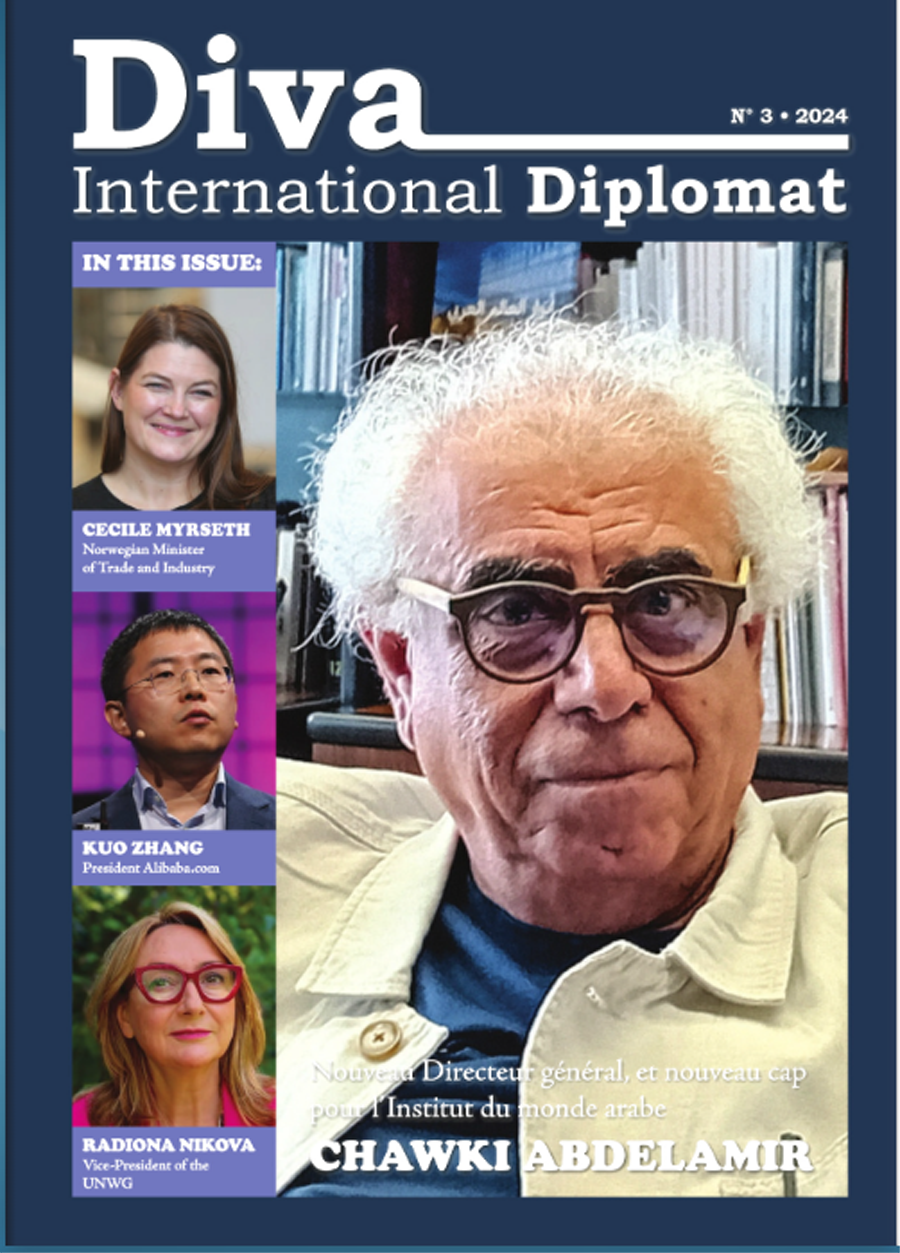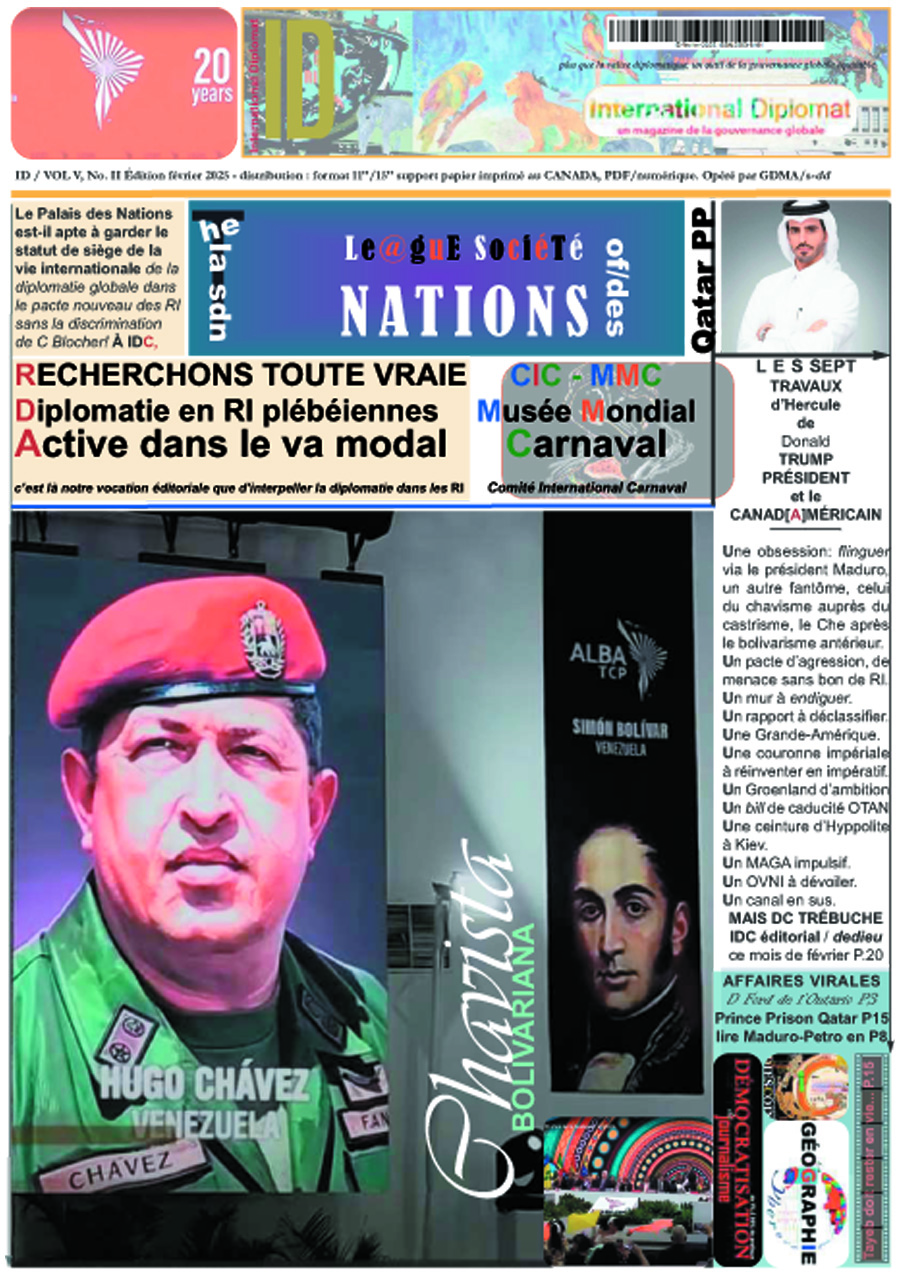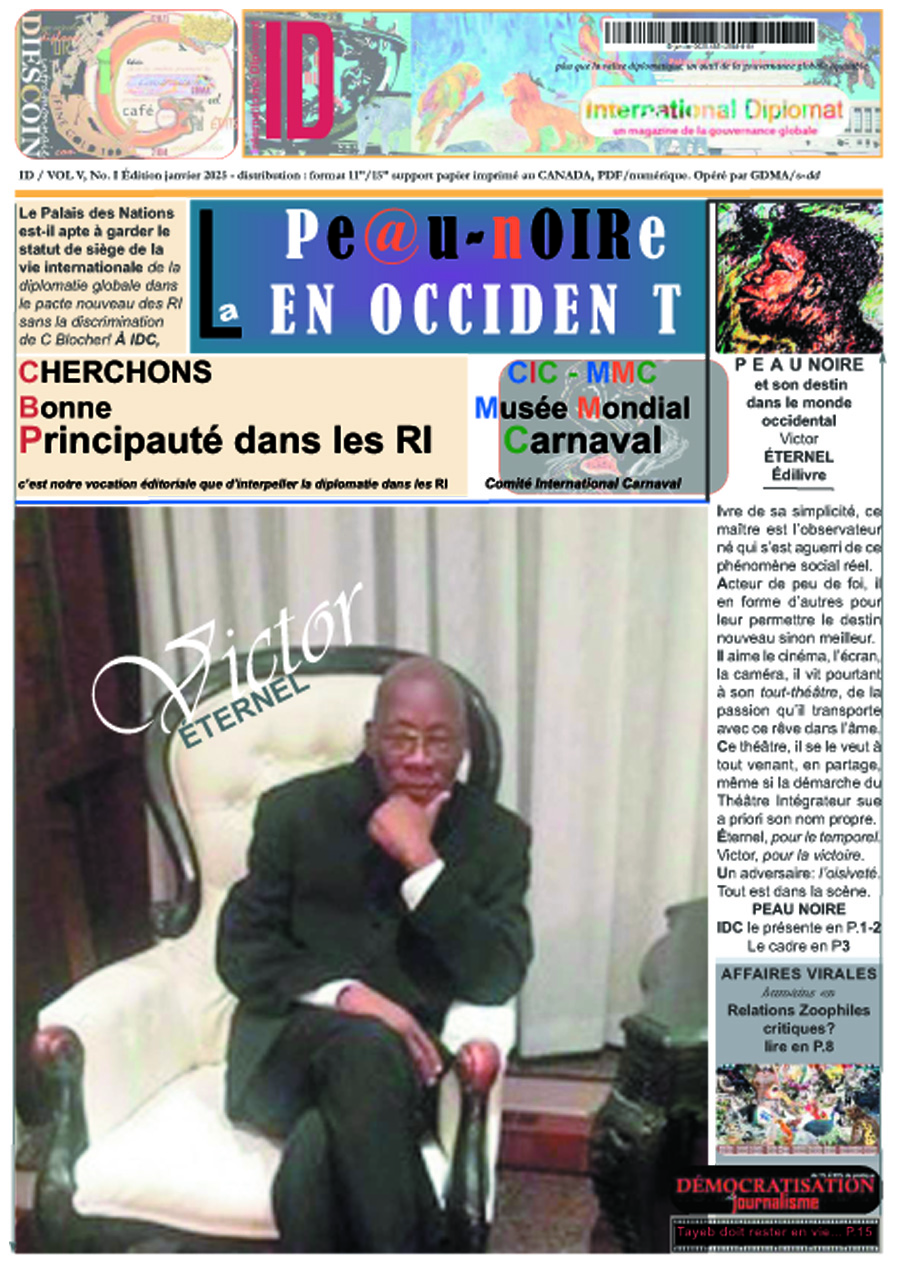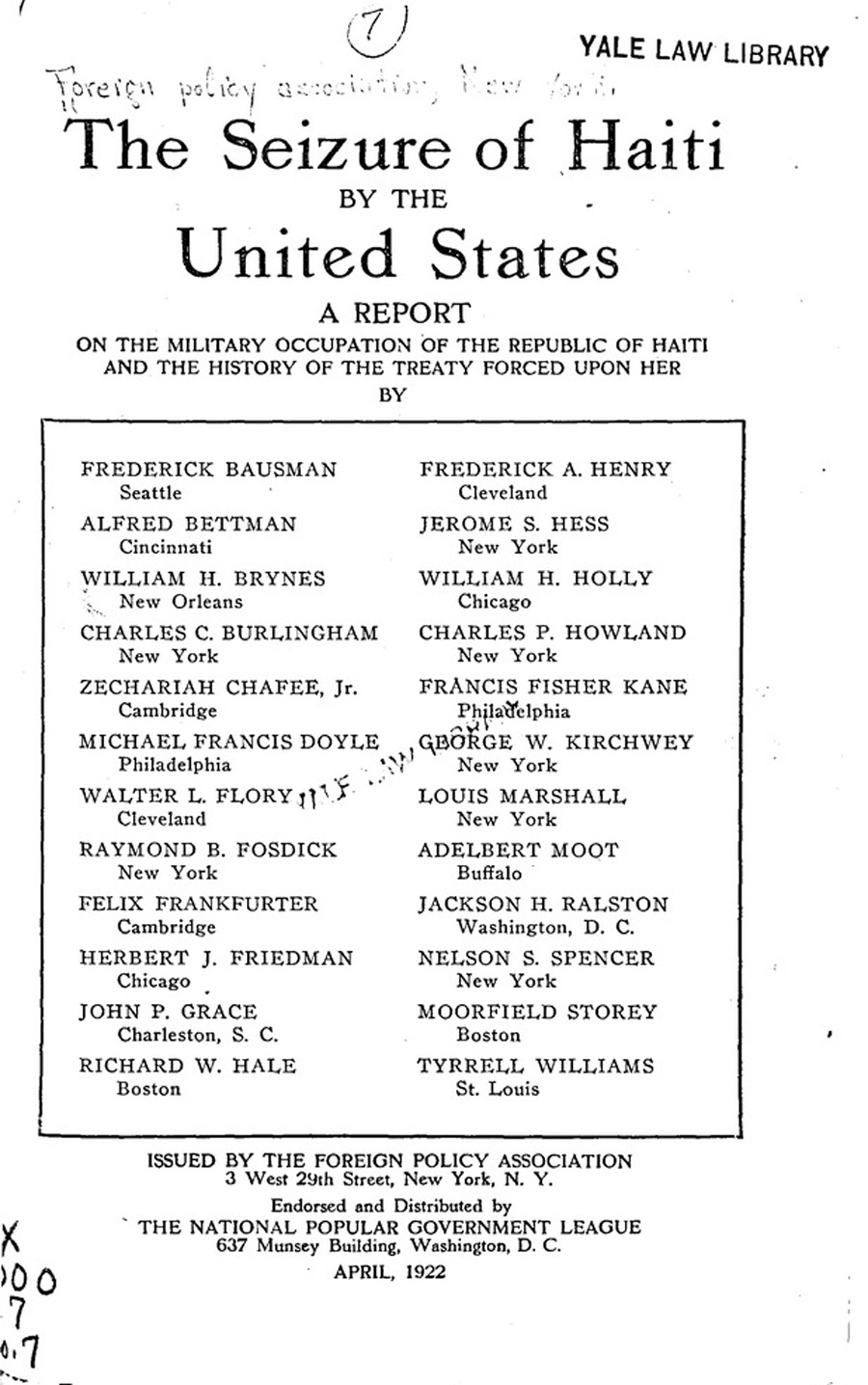
At an event at the United Nations headquarters last week, Uzbekistan presented the parliamentary elections that will take place in the country later this year.
A young and dynamic Central Asian nation, which gained its independence in 1991, Uzbekistan has embarked on the path of political reforms and is steadily moving forward towards a parliamentary democracy.
Since 2005 the country has had a bicameral parliament. The legislative chamber (lower house) of the Oliy Majlis (Supreme Assembly) comprises 150 members. Out of these, 135 are elected by territorial constituencies on a multiparty basis. Fifteen seats are granted to the Ecological Movement of Uzbekistan, given the importance of nationwide issues related to ecology, public health care and environmental protection.
 The upper house – the Senate – consists of 100 senators; 84 of them elected among the members of local representative bodies, in an equal number. The other 16 members of the Senate are appointed by the President from among the most distinguished citizens.
The upper house – the Senate – consists of 100 senators; 84 of them elected among the members of local representative bodies, in an equal number. The other 16 members of the Senate are appointed by the President from among the most distinguished citizens.
The term of office of both houses of the Parliament is 5 years. Women are actively involved in parliamentary activities. The law provides that at least 30% of candidates for the election to the Parliament and local representatives bodies, should be women. As a result, in the current parliament 33 of 150 members (i.e. 22 %) are women. The posts of Chairperson of the Legislative Chamber and the Vice-Chairperson of the Senate are also held by women.
Another key feature of Uzbekistan’s legislature is its multi ethnic composition. Currently 8 different nationalities are represented in the Senate and 12 in the Legislative chamber.
Elections to the Legislative Chamber and local representative bodies are scheduled for 21 December 2014 and will be the most important political event of the year in Uzbekistan.
These elections are different from previous ones, because they will be organized in the context of broadening of Parliament’s powers and following considerable improvement in the electoral legislation.
Over the past three years, Uzbekistan has implemented a wide range of constitutional reforms, and its electoral system has undergone major changes. A fundamental provision on holding elections only on a multi party basis was enshrined in the legislation.
As part of the further deepening the democratic reforms and the development of civil society in Uzbekistan, between 2011 and 2014, several amendments were introduced into the constitution. These measures provide a solid legal basis for strengthening the political role of Parliament, increase the activity of political parties as well as increase the competition among them.
A new procedure for the nomination of the Prime Minister by the political party that wins the most votes in parliamentary elections or by a group of parties obtaining the majority of seats in the lower house of Parliament was introduced.
The Parliament is mandated to hear and debate reports from the Head of Government on key issues of social and economic development of the country. Its main new instrument of exercising control over the Government is the motion of confidence.
In case of persistent disagreement between the Prime Minister and the Legislative Chamber, the Parliament may table a motion of no confidence to the head of Government which would lead to the resignation of the entire cabinet.
Another result of the recent constitutional reforms is the transfer of some powers from the President of the Republic to the Senate and to the Prime Minister.
All these changes constitute an important step towards democratization and a more balanced distribution of powers, in line with a system of checks and balances. Reforms have enabled the bicameral parliament of Uzbekistan to influence other branches of power, exercise control and, when necessary, modify the government’s policy line.
As part of the reforms process, the Central Election Commission has been vested with the status of a permanently operating and independent constitutional body. Mechanisms of its activities, ensuring preparation and conduct of elections without interference of any other public authorities as well as principles of its work — independence, legality, collegiality, transparency and fairness — were established.
A recently adopted new law provides for strict measures of punishment for offenses such as unlawful interference in the work of the Central Election Commission, infringement of modalities and procedures for conducting election campaign, violation of the rights of candidates, their trustees, election observers and circulating false information about the candidates and political parties.
Main organizational aspects of the upcoming parliamentary elections
On May 2014 the Central Election Commission of Uzbekistan adopted a program of action to prepare and conduct elections, which includes a set of measures to ensure transparency and openness of electoral process at all stages of the election campaign.
The program envisages creation of equal opportunities for political parties and their candidates to use the media, conducting of a broad information campaign to raise awareness of elections and further improving the legal culture in society.
Particular attention will be paid to ensure openness and transparency of the work of all election commissions by conducting their meetings with participation of representatives of political parties, media and civil society.
The campaign for parliamentary elections started on 15 September 2014.
Elections will be organized in 135 constituencies on a multiparty basis, and the average number of voters for each constituency is 154,000 persons.
According to the legislation, in order to take part in elections, a political party should have collected at least 40,000 voter signatures (the number of signatures collected in each administrative-territorial entity should not exceed 8 % of the total required quantity of signatures).
The package of documents to be submitted to the Central Election Commission includes an application for the participation in elections, a reference letter from the Ministry of Justice indicating that the political party is registered no later than four months prior to the announcement of the start of election campaign, along with subscription lists of voters who support party’s participation in elections.
By the resolution of the Central Election Commission adopted on 9 October 2014, four political parties were allowed to compete in the upcoming elections to the Legislative Chamber, namely: Adolat (Justice) Social-Democratic Party; the Movement of Entrepreneurs and Businesspeople – the Liberal Democratic Party; the Milliy Tiklanish (National Revival) Democratic Party; and the People’s Democratic Party.
In view of the significant environmental challenges faced by the country, the Ecological Movement of Uzbekistan will be granted 15 seats in the lower house (their candidates will be elected at the conference of the Movement).
Nomination of candidates by political parties started on 17 October and will end by 6 November, 2014.
Election campaigning starts from the date of registration of candidates and ends on 19 December.
Campaigning on the eve and the day of elections is prohibited by the law. Voting will be held from 6:00 a.m. to 8:00 p.m. on 21 December. Early voting will be conducted from 11 to 19 December.
In accordance with the electoral legislation, results of voting in each polling station should be announced to the public by the chair or deputy chairperson of the precinct election commission in a period of not less than 48 hours after elections.
General information on election outcomes and the list of elected members of the Legislative Chamber of the Parliament of Uzbekistan will be published in media up to 31 December, 2014.
The forthcoming parliamentary elections will determine the path of development of Uzbekistan for the next five years. Therefore, the country attaches great importance to organizing elections at a high level and in compliance with international norms.
Observers, including from international organizations such as OSCE/ODIHR, Shanghai Cooperation Organization, CIS Executive Committee and Islamic Cooperation Organization are expected to monitor the election process.






